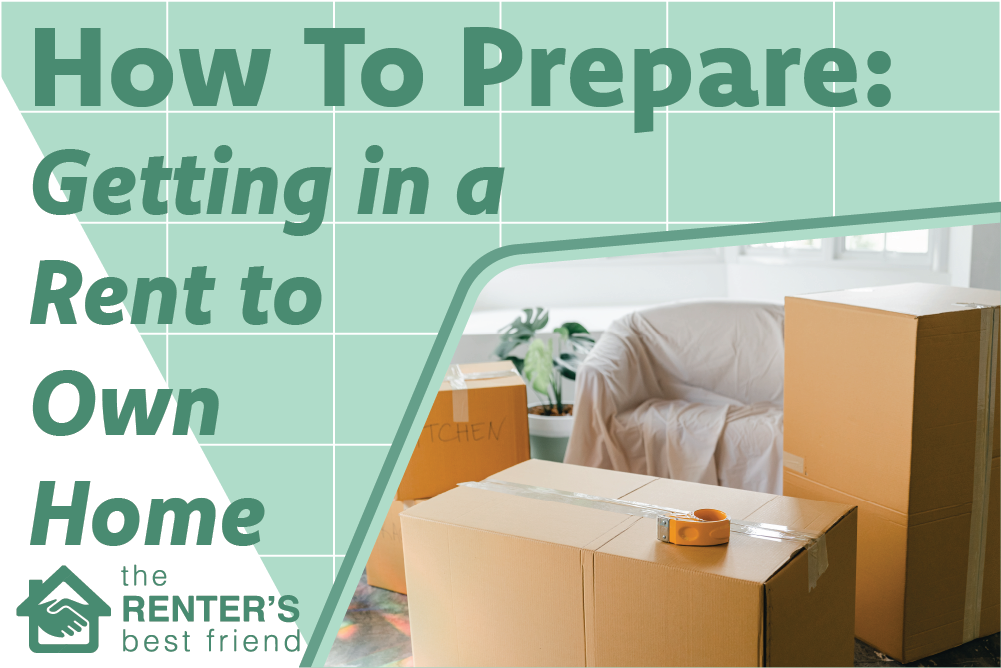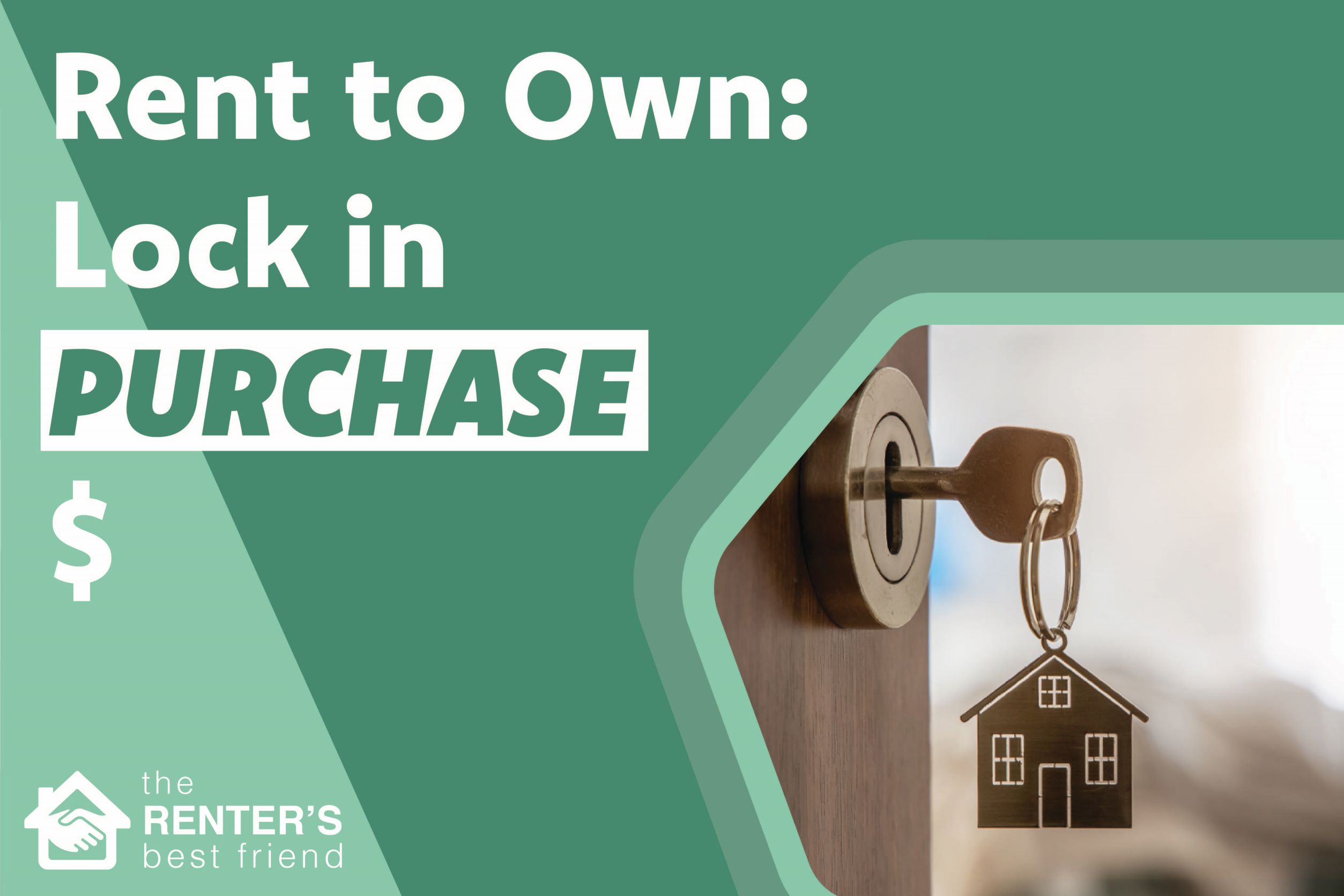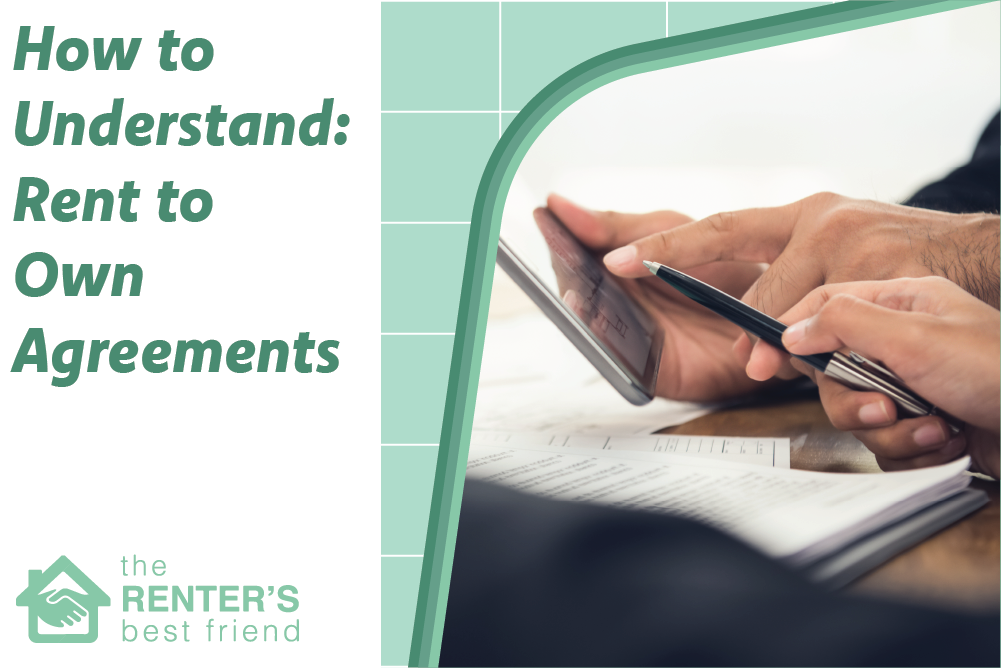On the road that leads to homeownership, there are a lot of steps. However, just as the old proverb says, “A journey of a thousand miles begins with a single step”. In this series of articles, we will walk you through several of the crucial steps that many homeowners before you have taken. Along the way, we will give you some tips and advice on how to navigate this journey so that, someday, you will step over the threshold of your very own home.
Step 7: 1st Time Homebuyers
Many of the parts involved with the purchase of your first home can be very overwhelming and stressful. Chiefly among them tend to be the huge investment of energy, money, and time. Understanding the various processes that are involved and what you should expect, however, can give you enough confidence to feel a bit more prepared. In this article, we’ll give you the knowledge you need to begin the last leg of your homeownership journey.
Ideally, you want to begin your research weeks or months before you are ready to buy a home, as some of these things will take time. Knowing what you will need and why well ahead of time will help to make this homebuying process much smoother. It will give you more time to weigh different options and make the decisions that are best for your situation.
We’ll begin with a little overview that you can use as a checklist later on as you hunt for your new place.
Checklist for Purchasing Your First Home:
- Know What You Can Afford. Determine how much house you can realistically afford on your budget. Only use the most updated information from your financial records to make your calculations and know your current credit score.
- Save, Save, Save. There are a lot of fees and ancillary costs associated with buying a home. The down payment alone is usually somewhere between 3 to 6 percent (but can sometimes be as high as 20) of the home’s total price. Most people are not able to pay that amount of money out of pocket. Budget realistic goals and put as much as you comfortably can into a savings account each month.
- Do Your Homework. Free resources are available that can educate you on the process of buying a home. Do some research and make sure that you have a solid understanding of things like what documents you are going to need, how mortgage payments work, and what various lenders might require. The more you familiarize yourself, the fewer surprises you will be confronted with.
- Hire an Agent. Don’t just go with the first real estate agent you find. Conduct interviews with different ones to determine who might best fit your needs. Ask family, friends, and coworkers for recommendations. The purchase of a home is a massive investment, so you need to be confident that you have someone in your corner who will have your best interests at heart.
- Research Your Options. Mortgages come in a variety of different types; even more varied than the lending agencies that offer them. Once you track down a lender that seems like a good fit, look closely at all of the mortgage loans that they provide and whittle it down to just the ones for which you think you may qualify.
- Calculate Closing Costs. As mentioned above, there are a lot of other fees and costs that you will have to pay in addition to your down payment. When you go in to sign the mortgage loan, be prepared to pay an additional 3 to 6 percent of the home’s cost in closing.
Affordability & Budgeting
Once you have checked your credit score and you have familiarized yourself with your current financial standing, you can start to budget for the purchase of your new home. What that in mind, you need to figure out how much house you truly can afford without putting yourself under financial strain. There are many online mortgage calculators that can help you determine the hard fast numbers for things such as the purchasing price, the down payment, and what your monthly mortgage payments might come out as.
Take an honest assessment of your income and expenses to give yourself a genuine understanding of what you will be able to afford to pay for your new place. This way you can avoid wasting your time by looking at houses that you know are out of your budget. Self-audit your credit, savings, and recurring expenses (regardless of how small they may be). Knowing the numbers here may even help you to get a better understanding of what loan you might need to apply for.
We’ve included a list of possible costs and fees that you need to keep in mind when determining how much you might be able to afford for your new home.
- Home Inspection. Never buy a home without first hiring a professional to perform a home inspection. You do not want to discover hidden surprises that need an emergency repair or replacement in the future, so make sure that you hire someone that you trust.
- Homeowners Insurance. Natural disasters, theft, and vandalism are all things that might damage or destroy your home. Having an insurance policy can help protect you and your property in the case of these devastating events. Read the fine print here – flooding, hurricanes, tornadoes, and wildfires may require supplemental policies to cover these situations.
- Possible HOA Fees. Your new neighborhood may not have a Home Owners’ Association, but it is worth looking into for any that you are considering. Some of these entities carry high annual dues that you cannot opt out of.
- Property Taxes. Another large annual expense is the taxes you have to pay for owning the land and buildings on your property. Make sure that you research what the averages are for any area you are looking at moving into and plan accordingly.
- Upkeep and Maintenance. As houses age, things need to be replaced or repaired. Sometimes you can plan for it, other times you cannot. Unless these emergencies are covered by your insurance, you will have to pay for them out-of-pocket. Plan to keep some money set aside specifically for this.
- Utilities. Along with the upfront costs and potential costs for emergency situations, you also need to be mindful of the other costs for recurring living amenities for your new home – such as electricity, gas, internet, water, etc.
The Down Payment
As we mentioned in the checklist, the down payment will be due when you go in to sign the contract for the mortgage loan. Typically, conventional loans require you to pay around 3 to 6% of the entire loan as a down payment. Keep in mind that closing costs are entirely separate from this, and are often another 2 to 5% of the loan’s total cost as well. When you apply for the loan, you will need to submit copies of your bank statements to show that you will be able to afford to pay these costs at the time of closing.
Well before you start filling out applications with mortgage lenders, you should get your assets squared away. If you are fortunate enough to receive things like a down payment gift, make sure to deposit those into your account at least two months before you begin the application process. You should also see if you qualify got any of the down payment assistance programs that are offered, as it could give you some aid in paying for these extra expenses. We’ll talk more about those later.
It is also worth noting that you should avoid opening new lines of credit or taking on additional loans around the time that you are considering buying a home.
Locate the Right Home for You
Knowing what kind of home you need for your particular goals and lifestyle is fundamental. Consider if your needs would be better suited by a condo, a duplex, a multi-family building, a single-family home, or a townhouse. Determine the different pros and cons of these various types of properties. Picture yourself in the future, five or tens years down the road, and see where you envision yourself being happiest. When you do so, what type of home do you see yourself living in?
While you should try to maintain some flexibility in your expectations, do not settle too quickly. This is a big investment of your money and of your future. You should wait until you are certain that a specific home will support your desired lifestyle and goals as much as it possibly can. Write down a list of the needs and wants to help decide if a given property is going to be the right fit for you. Look at the size and layout of the home, how safe you feel in the surrounding neighborhood, what your commute to work will be, and the amenities you need or can live without. Consider the options that you find carefully against one another. When you finally find the one that feels like the right choice, you’ll know that you are ready to move forward.
First-Time Homebuyer Programs
There are actually a lot of programs available to first-time homebuyers that can help pay some of the extra costs associated with that home’s purchase. Most cities, counties, and even states offer various zero-interest loans or government grants that you might qualify for. Do research on any of these that you think you might be eligible for to learn more about the specific requirements and details for each. It never hurts to look into them and you never know until you try.
- FHA Loans. (Backed by the Federal Housing Administration) These loans help if you have poor credit or do not have a lot put away into savings. This type of loan may require as little as 3.5% for a down payment.
- Grants. This is a monetary gift without any repayment required. They are offered by various organizations and groups if you are lucky enough to meet their specific qualifications. Just make sure to thoroughly read any contract before you sign it.
- Low-Interest Loans. These are loans that must eventually be repaid, typically once a specified amount of time has elapsed.
- USDA Loans. (Backed by the U.S. Department of Agriculture) These loans are usually zero-down loans and often offer 100% financing if the property is located within a designated area. While this applies to rural homes, the zoning is much broader than you might think.
- VA Loans. (Backed by the U.S. Department of Veteran Affairs) These loans are offered to active service members surviving spouses, and veterans of the armed forces. They typically are zero-down loans.
- Zero-Interest, Deferred Payment Loans. These loans usually do not require any down payment or closing costs until the property is sold, the mortgage expires, or the mortgage gets refinanced.
- Zero-Interest, Forgivable Loans. These loans are wiped away once a specified amount of time passes. As long as you still live in and own the property when that happens, the money you borrowed does not have to be repaid.
Apply for Pre-Approval
After you have settled on your estimated budget and you are comfortable with the amount you have saved for the down payment, you need to get pre-approved by a mortgage lender. This will make a huge difference in how quickly and smoothly things will move forward when you are fully ready to purchase a home. The information that the lender gets from you during this process will also make sure that they can find the best loan to fit your situation. It will also allow you to get a clearer idea of what you might be looking at in closing costs and monthly payments.
In order to get the letter, you will have to submit documentation including a credit check, financial statements, paycheck stubs, tax returns, and W2s. For the lender, this pre-approval letter indicates to them the price range in which you should easily qualify for a loan to cover the purchase of a home.
Be aware, however, that these pre-approval letters typically only last for around 90 days. While they do not guarantee financing, many sellers and realtors will not work with buyers who do not have one.
Hire an Agent
Buying a home can be intimidating and complicated at times. And the simple fact of the matter is that the agent working for the seller of the home is going to have their client’s best interests in mind… not yours. You should track down a real estate professional that will go to bat for you and provide guidance when you need it. Speak with friends and family, but also browse around online reviews to find an agent who will work hard to find the right kind of home for your needs and budget.
Interview potential realtors before you decide on the one that you feel the most comfortable with. A good agent is going to be willing to advise you based on their expertise, conduct negotiations on your behalf, bring potential listings to your attention, help you with the loan process, and will help you to submit an offer when you find a home that you love. It is standard practice for the home’s seller to pay the agent’s commission with a part of the funds directly from the sale of the property.
Submit Your Offer
Once you have finally found the home that you can see yourself living your life in, the time has come to make an offer. Your realtor can help you decide on a competitive but fair offer to submit to the seller and their agent. Research the current housing market in the area and figure out how reasonable their asking price is when compared.
The other party then has a decision of their own to make. They must decide to accept, to refuse, or to make a counteroffer. There could be several rounds of negotiating back and forth, where certain concessions are given or requested by either party. If you find yourself in a bidding war with another interested buyer and you have a little extra money in your budget, you might consider using some of it to offer a higher purchasing price. Just make sure that you don’t stretch yourself beyond what you can reasonably afford to pay.
If both parties can reach an agreement with one another’s needs and wants, you are obligated to follow through. At this point, you need to be prepared to make the first deposit on your new home.
Get the Home Inspected
At this stage of the process, you need to hire a professional home inspector to evaluate the home to check the condition of various aspects of the property. Your realtor might be able to recommend a few to you. This is not a mandatory part of homebuying, it is critical to check for any possible issues and you absolutely need to have it done. Having this done will give you a solid grasp of what repairs or safety concerns need to be addressed if any. Any major issues could give you grounds to withdraw your offer and walk away. Additionally, any issues you are willing to fix later might give you a bargaining chip later on when you sit down at the negotiating table.
Meet with the Lender
Sit down with your mortgage lender and discuss what type of loan best works for your current financial situation. Discuss if you would prefer to have fixed payments throughout the life of the loan, or to have the lowest possible monthly payment, or maybe even if you need a loan that works best for selling the home again in just a few years. Talk over all of the various fees and costs associated with each, so that you can be fully prepared on closing day.
Usually, your lender will also arrange for a title company that will manage the financial and legal paperwork that is associated with purchasing the home. This title company will also ensure that the seller is indeed the rightful property owner and is legally allowed to transfer the title over to you upon completion of the sale.
Get an Appraisal of the Home
Another thing that your lender typically arranged will be to hire a third-party company to come out and perform an appraisal on your new home. This is to ensure that the lender is offering to lend the appropriate value of the property. This part of the process with help to protect you as well as the mortgage lender.
Closing Day
Once you, the seller, and the lender are all satisfied with the arrangements, it is finally time for closing day. There will be a large stack of paperwork to sign and a lot of things to be finalized. But this is the point where everyone’s hard work pays off and all of the numbers meet. The best advice for this part of the process is simply to practice patience. Be confident in the knowledge that when this part is done, you will have the keys to your new home in your hand.
Bottom Line: The New Homeowner
While it has been a long and, at times, arduous journey, you made it. As you step over the threshold of your new home, you can carry with you the assurance that you successfully persevered. Through diligence and dedication, you managed to invest in the next chapter of your life.












